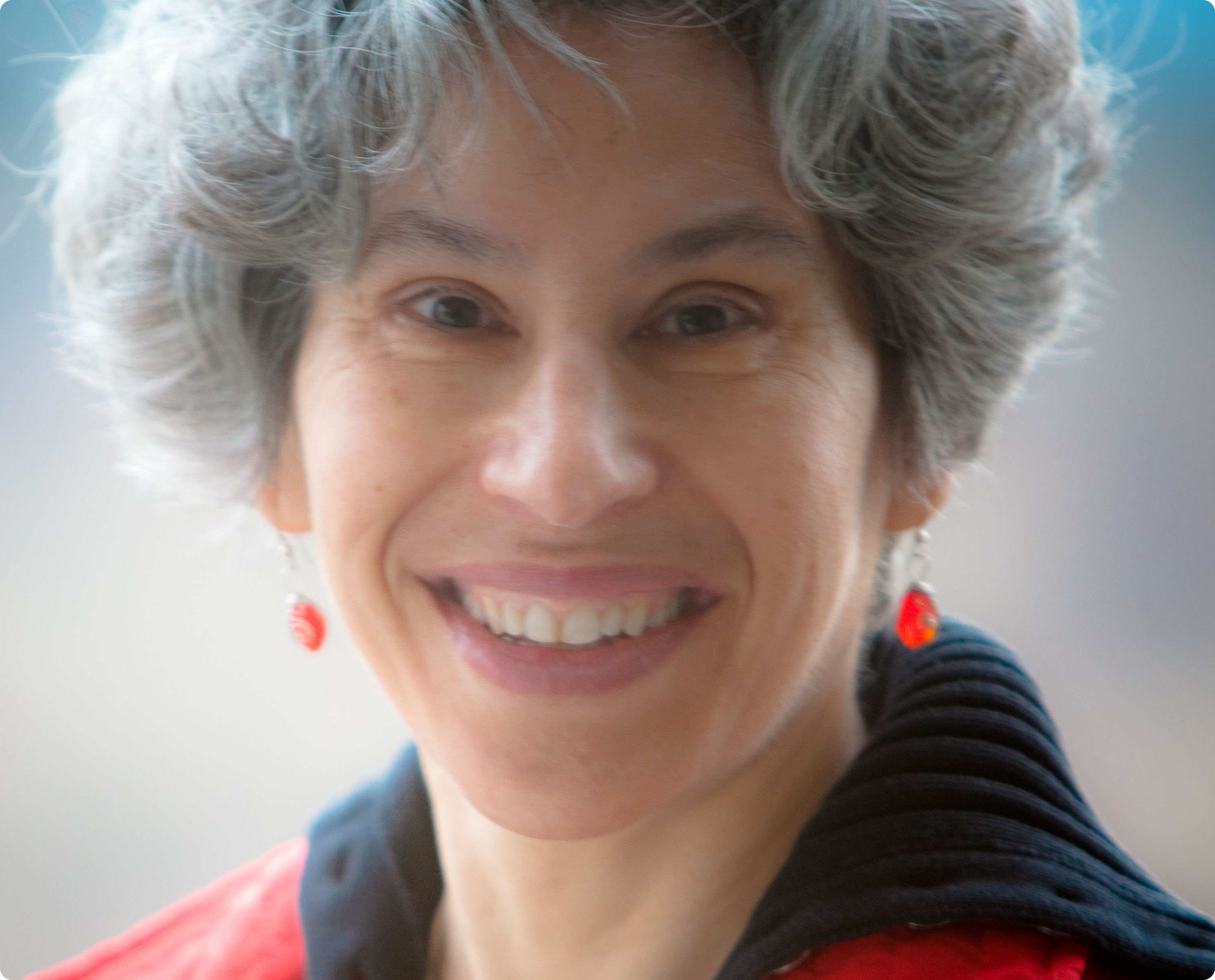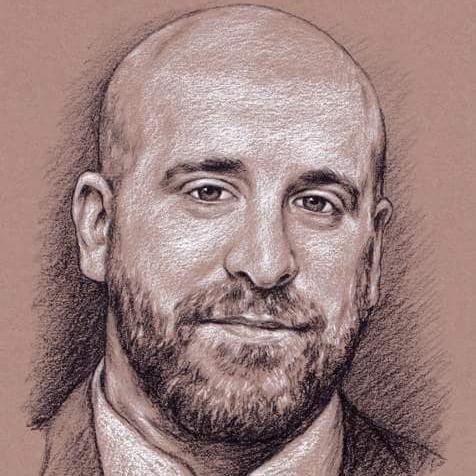As we begin the new year, NCDD is excited to announce we are launching a two-year partnership with the American Library Association (ALA) that will train library staff across the country to use methods and processes from the dialogue and deliberation field to support their communities. Our Libraries Transforming Communities: Models for Change partnership will take the form of both online and in-person trainings that we hope will help strengthen the capacity for libraries to serve not only as places of learning and research, but also as hubs for dialogue, engagement, and healing our divides.
We see this partnership as a chance to broaden the reach and the impact of our field’s work, as well as an opportunity to create new audiences and collaborative potentials for D&D practitioners in the future. We’ll be sharing more info on the partnership soon, but for now, we encourage you to read more about the upcoming trainings in the ALA announcement below or to find the original here.
Facing a Divided Nation, ALA Offers Free Training for Libraries
The ALA Public Programs Office and the National Coalition for Dialogue & Deliberation (NCDD) invite library professionals to attend a free learning series to explore various dialogue facilitation approaches and position themselves to foster conversation and lead change in their communities.
“As our nation becomes increasingly divided, ALA sees tremendous opportunity for libraries to be a leading force for reconciliation, progress, and common ground,” said ALA President Julie Todaro. “We are proud to make community engagement resources available to all libraries, free of charge, through this initiative.”
Through Libraries Transforming Communities: Models for Change, a two-year project, ALA and NCDD will produce ten webinars and three in-person workshops. Change-making leaders, such as Everyday Democracy, National Issues Forum, and World Café, will develop and lead the trainings, which will be customized to meet the needs of various library types and sizes: large public library systems; small, medium-sized, and rural public libraries; and academic libraries.
First four sessions announced
Registration is currently open for four learning sessions.
- Libraries of all types and sizes are invited to attend a one-hour introductory webinar about the resources and opportunities available throughout the initiative. Register for “Libraries Transforming Communities: Models for Change Overview” (Thursday, Feb. 9, 1 p.m. CST)
Representatives of public libraries serving large or urban communities are invited to attend the following three-part series:
- In Session 1, NCDD will discuss the range of dialogue and deliberation models available to large public library systems. Register for “Libraries Transforming Communities: Introduction to Dialogue & Deliberation” (Thursday, March 9, 1 p.m. CST)
- In Session 2, leaders from World Café will discuss their method for bringing together large groups of people in a series of small, conversational rounds to spark in-depth conversation. Register for “Libraries Transforming Communities: World Café” (Thursday, April 6, 1 p.m. CST)
- In Session 3, representatives of Everyday Democracy will share their Dialogue to Change process, which encourages diverse groups of people to come together, engage in inclusive and respectful dialogue, and find common solutions to community problems. Register for “Libraries Transforming Communities: Everyday Democracy’s Dialogue to Change Process” (Monday, May 1, 1 p.m. CST)
Each session will be recorded and archived for free on-demand viewing on the Programming Librarian Learning page.
Individuals who view all three webinars, live or recorded, will be invited to attend a free pre-conference workshop at the 2017 ALA Annual Conference in Chicago.
Future sessions for academic libraries and small, mid-sized, and rural public libraries
Future learning sessions will be designed for academic libraries (Fall 2017) and small, mid-sized and rural public libraries (Spring 2018). Details for future sessions will be announced in 2017. To stay informed about future offerings, sign up for the Programming Librarian e-newsletter.
Libraries Transforming Communities: Models for Change follows up on Libraries Transforming Communities (LTC), a two-year initiative offered in 2014-15 by ALA and the Harwood Institute for Public Innovation that explored and developed the Harwood Institute’s “Turning Outward” approach in public libraries.
With this second phase of LTC, ALA will broaden its focus on library-led community engagement by offering professional development training in community engagement and dialogue facilitation models created by change-making leaders such as Everyday Democracy and National Issues Forums.
LTC: Models for Change is made possible through a grant from the Institute for Museum and Library Services (IMLS) Laura Bush 21st Century Librarian Program.
You can find the original version of this announcement on the ALA’s Programming Librarian site at www.programminglibrarian.org/articles/facing-divided-nation-ala-offers-free-training-libraries.



 Peggy Holman (moderator), Co-Founder of Journalism That Matters
Peggy Holman (moderator), Co-Founder of Journalism That Matters
 Chris Faraone, Co-Founder of the Boston Institute for Nonprofit Journalism
Chris Faraone, Co-Founder of the Boston Institute for Nonprofit Journalism
 Ellen Mayer, Community Manager, Hearken
Ellen Mayer, Community Manager, Hearken Michelle Ferrier, Ph.D., E.W. Scripps School of Journalism, Ohio University
Michelle Ferrier, Ph.D., E.W. Scripps School of Journalism, Ohio University Mark Gerzon (moderator), President of Mediators Foundation
Mark Gerzon (moderator), President of Mediators Foundation Kahlil Byrd, Forward Progress in Politics
Kahlil Byrd, Forward Progress in Politics
 David Nevins, Bridge Alliance
David Nevins, Bridge Alliance Leslie Pine, The Philanthropic Initiative
Leslie Pine, The Philanthropic Initiative




 As
As 